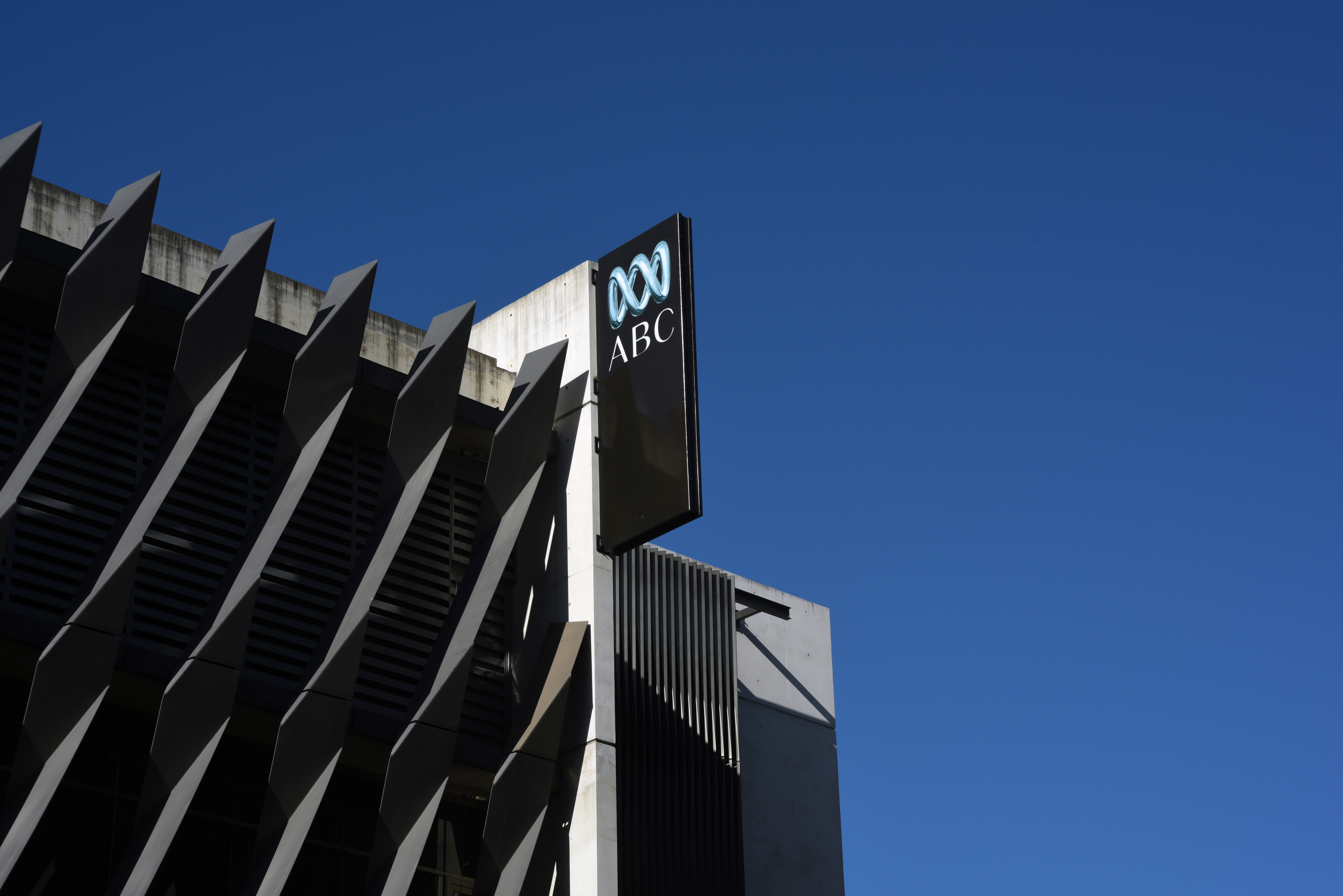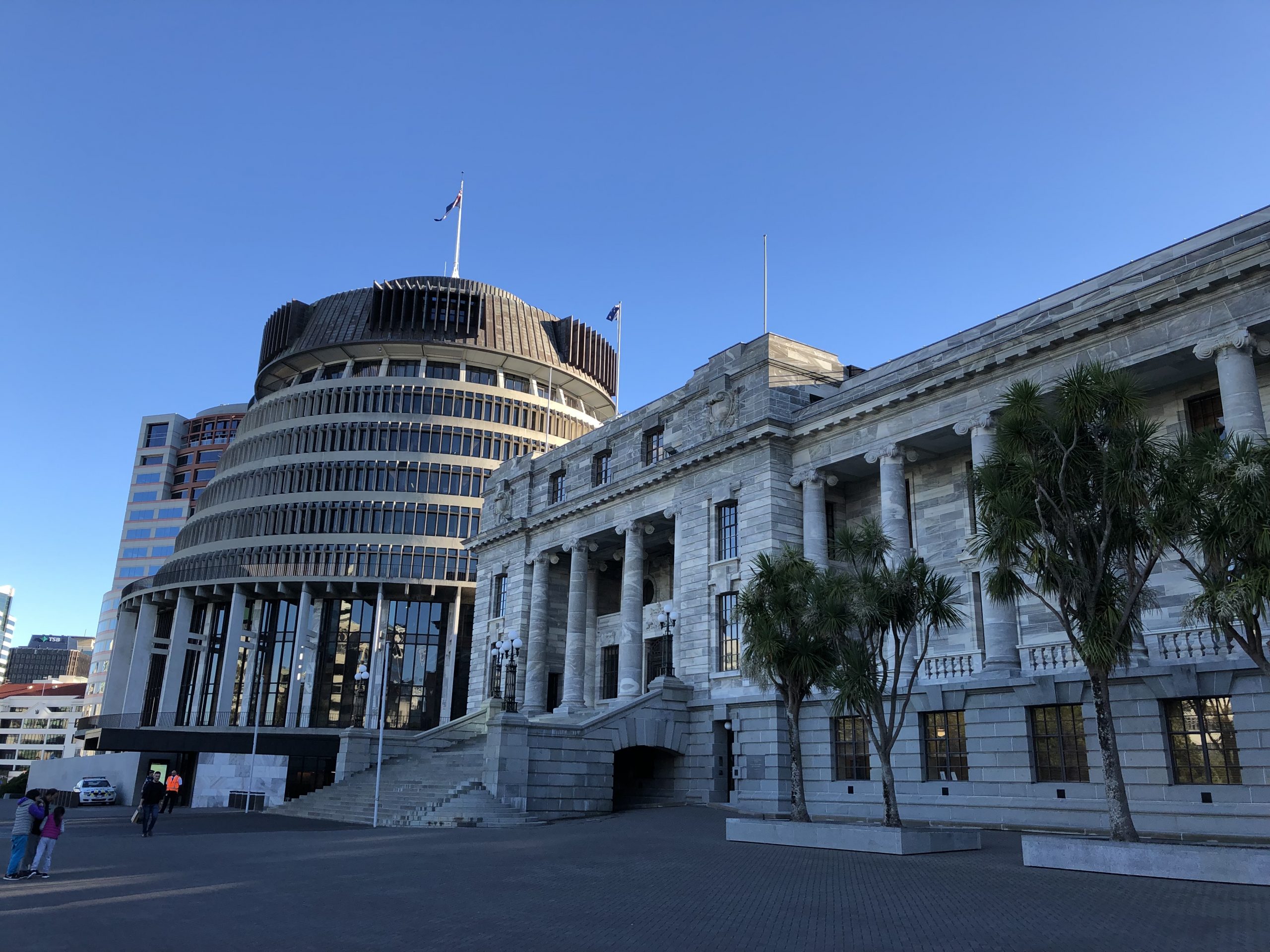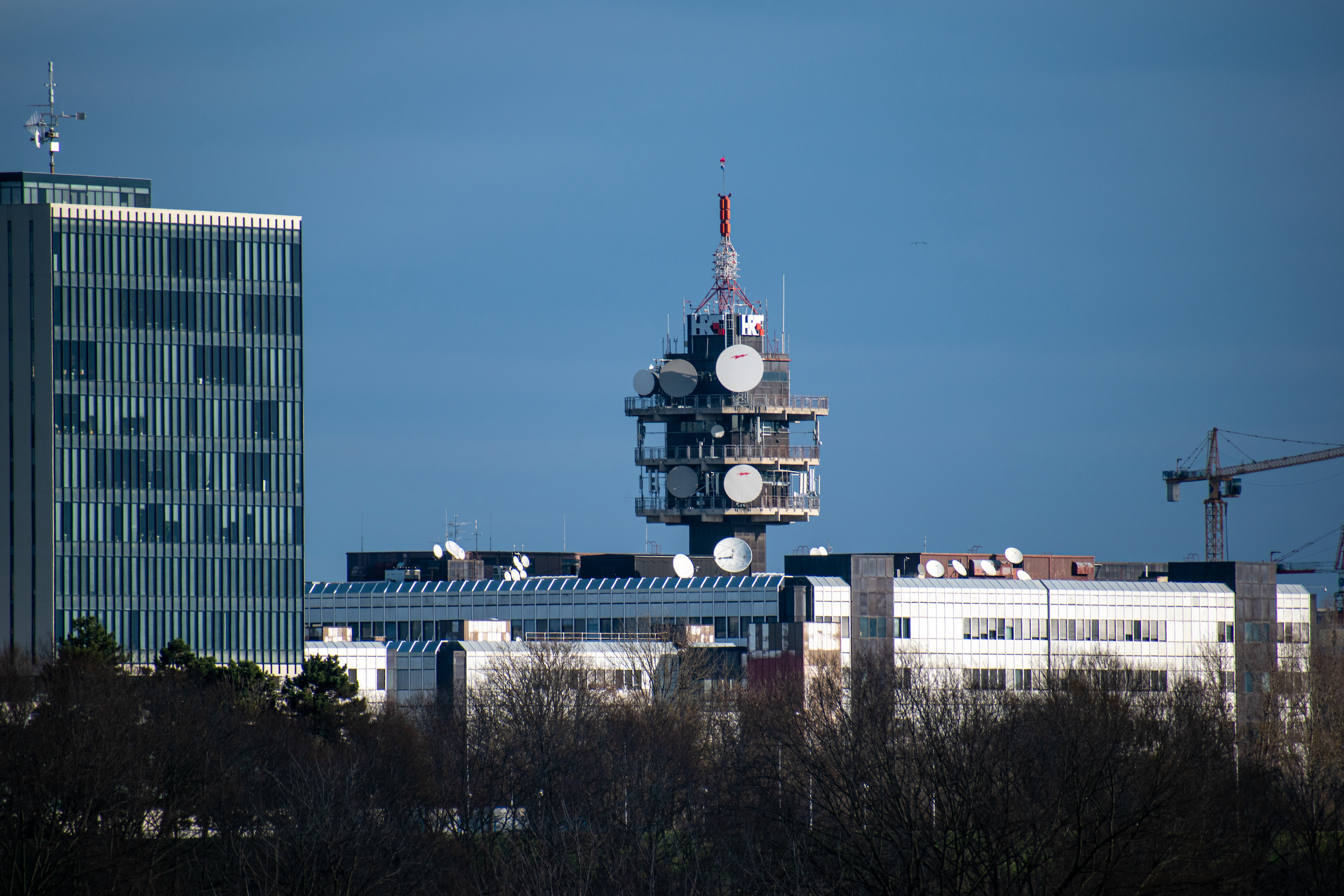The PMA Briefing
How to make news sustainable
18th February 2025
There are concerns in Australia that the government’s new method of making big tech pay for news is being delayed; New Zealand’s government weighs up a strategy to sustain local media; and calls in the Netherlands to protect public media against big tech. Meanwhile, Thai PBS launches a new disinformation division, and cuts at Croatia’s HRT.
Australia: Project to tax tech giants for media use tramples
Opposition MPs in Australia have criticised a lack of progress in the government’s plan to make tech companies pay for news. The News Bargaining Incentive (NBI), announced in December, would impose a tax on designated tech companies. But this tax would be offset if companies strike deals with publishing houses. If a platform refuses to negotiate or enter any deals, they will be forced to pay the levy. According to the government, it would be cheaper to enter deals with publishing companies than to pay the tax.
But there are already fears the government is dithering on the plans, with concerns about how the United States could retaliate. Both the right-wing Liberal party and the left-wing Greens have urged the government to forge ahead with the NBI. In a statement to Guardian Australia, the government said it was “continuing to work constructively with stakeholders on the news bargaining initiative”.
It comes after Meta abandoned the deals it had struck under the 2021 News Media Bargaining Code, and removed the news tab on its Facebook platform, as it did in response to similar legislation in Canada. The ABC had struck deals with both Meta and Google, which it had used to fund 60 regional reporter positions.

New Zealand: Plans to support NZ media landscape
The New Zealand government has released a series of proposals designed to help level the playing field for local media. The discussion paper by the Ministry for Culture and Heritage contains five proposals, which include ensuring Smart TVs have New Zealand apps pre-installed and displayed prominently, and requiring streaming platforms and commercial broadcasters to invest in local content. It also proposes merging funding agencies the NZ Film Commission and NZ On Air, as well as revising the broadcasting standards regime to cover all professional media.
“There are things we can do, fundamentally, to help the efforts of local media producers to compete more effectively with the global players, by levelling the playing field in different elements,” the media minister, Paul Goldsmith, told a select committee. However, there is no commitment that the proposals will be adopted. They would all require specific legislation that could take until 2026, at the earliest. It comes after a torrid 2024 for New Zealand’s media, beset by job cuts across the industry.

The Netherlands: Caution against the creeping influence of tech giants.
As the growing influence of big tech companies over the global media landscape feeds the concerns and debates among media experts, former Dutch media mogul Joop van den Ende has condemned the lack of initiative from the government to protect the public broadcasters. Along with the tech giants, he warned against the alliances of strong countries such as China and Russia who are “trying to undermine the stability in Europe”.
Van den Ende called on Dutch policy makers to better protect citizens “against this attack on our values” via the safeguarding of public media.
His plea comes at a time where the conservative coalition plans on cutting the budget of public media by €100 million. Van den Ende said that “a well-functioning public broadcasting system merits protection, particularly in times like these, so journalists can continue to do their investigative job and producers can develop programmes which can reach millions of people,”.

Thailand: Joint effort against disinformation.
Partners from various sectors, including public broadcaster Thai PBS, met last week to discuss their collective efforts in tackling disinformation. The event involved the government, public and private sectors, civil society and the media, all of whom described disinformation as a global risk. Kanokporn Prasitphol, the director of Thai PBS’s digital media division, said Thai people are some of the heaviest internet users in the world, with a prevalence of scams and online threats affecting some 18 million people, according to the Royal Thai Police. AI was also being increasingly used in fraud, with people increasingly unable to distinguish it from reality. Thai PBS said it had launched a new service, Thai PBS Verify, to help build media literacy and skills to combat disinformation.

Croatia: Important reforms and job cuts as new HRT law is on the agenda.
The Croatian Public Radio and Television (HRT) has announced large-scale lay-offs as part of the restructure of the public broadcasters’ operations.
HRT plans to cut 800 jobs by the end of March but instead of layoffs, the Director General of HRT Robert Šveb said the reduction of employees concerned severance offers negotiated with employees who meet retirement requirements.
These structural reforms come after the Croatian Ministry of Culture and Media the Ministry released a strategic document, unveiling the “new direction” of HRT in March 2024. This document included a reform strategy, ranging from plans to develop new technologies and media platforms within the public broadcaster, but also the necessity “to reduce the number of employees by 30 percent”. The Croatian government has reportedly provided financial help of €28 million in this regard. Once this consolidation plan is fulfilled, which also includes adjustments in professional standards and technological development, the drafting of the new HRT Act should start.

Featured Image:Wellington New Zealand – February 9 2020: Sign on building of Radio New Zealand, which is the main public broadcaster in radio, providing commercial-free radio. Credit: Jon lyall / Shutterstock.com
Related Posts
11th February 2025
Restructures & reforms take hold | The PMA Briefing
Argentina’s gov't maintains oversight…
4th February 2025
Funding cuts, and the threat of funding cuts | The PMA Briefing
While the BBC has announced new cuts at…
29th January 2025
Reform and transformation plans at several broadcasters | The PMA Briefing
Governments in both Bangladesh and…
22nd January 2025
Public media in the eye of the politicians | The PMA Briefing
Politicians have weighed in on funding…



